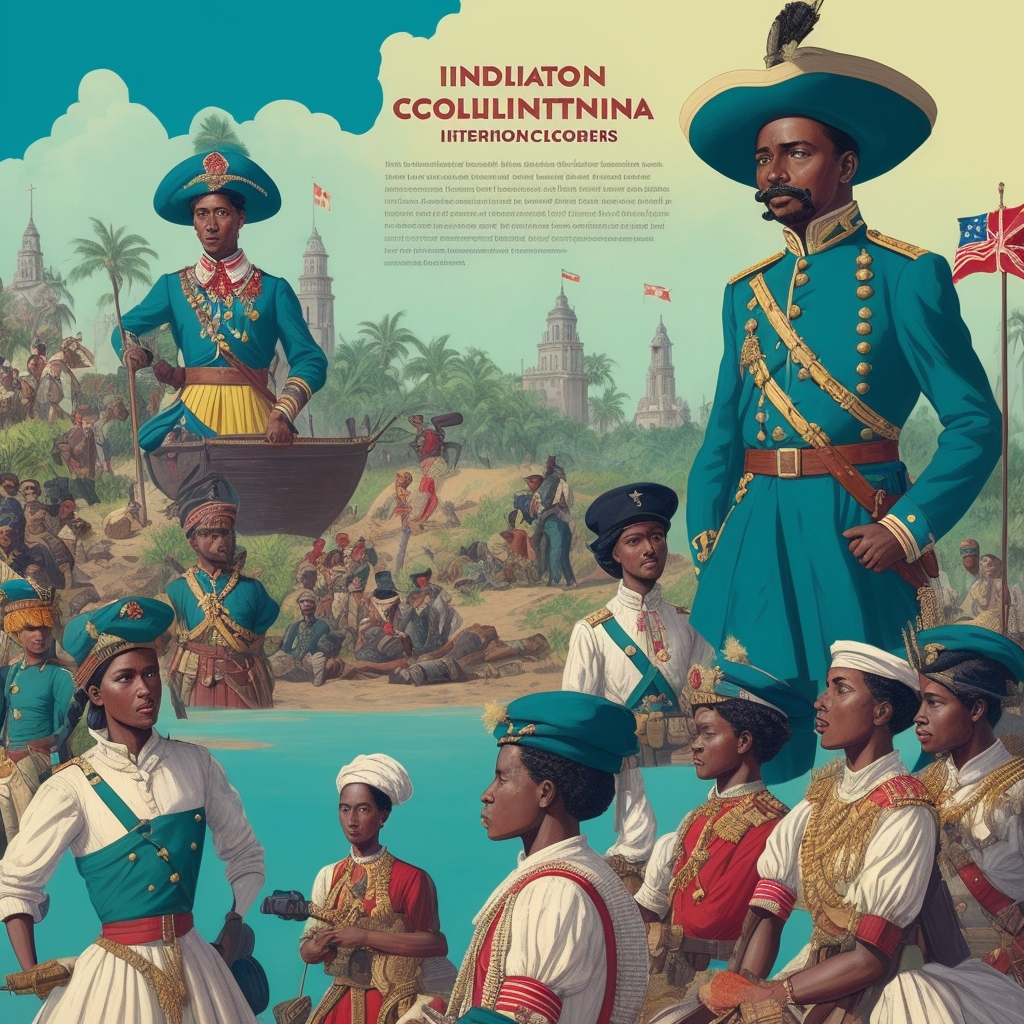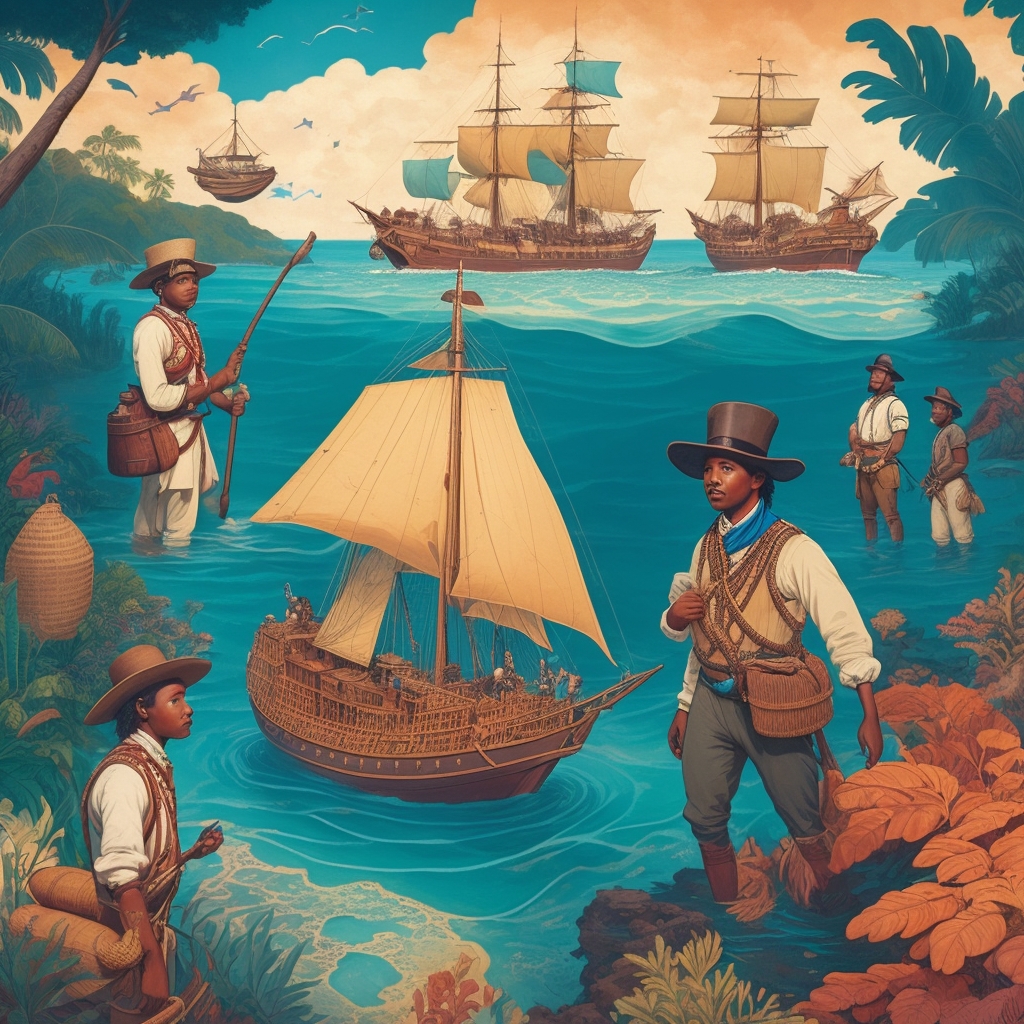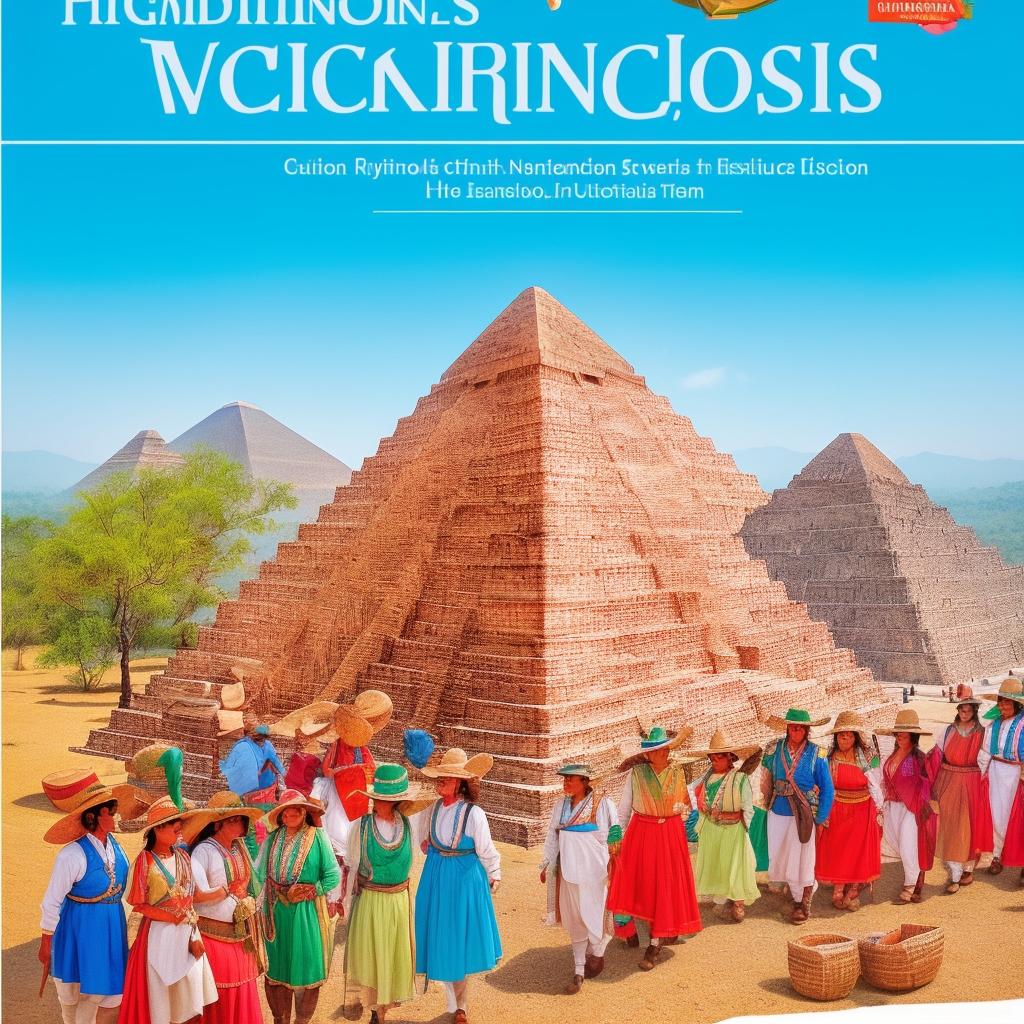Understanding Colonial Justifications: An Insightful Exploration
Just last month, I saw a familiar pattern repeat itself. A team exploring colonial exploitation stumbled on the very same question that stumped me five years ago: “How did colonial powers really justify their actions?” Honestly, it’s frustratingly common because the answer is so avoidable—if you just know what to look for. The justifications colonial powers deployed were almost always cloaked in a veneer of righteousness and progress. But here’s the thing though: beneath that shiny facade lay a complex, often contradictory, web of motives and excuses that far too many people still overlook.
Beyond the Surface: Unpacking the True Drivers of Colonial Justification
Most analyses, understandably, zero in on the overt economic and territorial gains of colonialism. But what’s often missed, and what’s absolutely crucial to understanding the full picture, is how deeply entwined these justifications were with cultural, religious, and pseudo-scientific beliefs. Have you ever stopped to consider how these narratives were meticulously crafted and then communicated—not just to the colonizers themselves, but crucially, to the colonized populations? In my experience, truly grasping these fabricated narratives is the key to unlocking a much deeper understanding of colonial exploitation.
What I find genuinely fascinating is not just how these justifications emerged, but how they’ve subtly evolved and, quite unsettlingly, persist in various forms even today. Take the “civilizing mission,” for instance. This was a wildly popular justification, suggesting European powers were generously bringing civilization, Christianity, and enlightenment to supposedly “backward” societies. It makes you pause and ponder, doesn’t it? How different is this, really, from some modern narratives about “spreading democracy” or “developing” nations? It’s a question worth grappling with.
Unmasking the Past: Practical Approaches to Colonial Justifications
So, how do we begin to unravel these deeply ingrained justifications? One effective way is to immerse yourself in the primary literature and documentation from the colonial period itself. Pay meticulous attention to the language used. Terms like “civilizing mission” and “white man’s burden” aren’t just quaint historical phrases; they offer chillingly clear insights into the colonizers’ mindset. What’s crucial to grasp is that these weren’t merely rhetoric; they were profoundly embedded in the policies, laws, and everyday practices of colonial administration, shaping everything from land ownership to education systems.
Crucially, explore the often-overlooked intersection of religion and colonialism. Many colonial powers, quite disturbingly, justified their actions through a religious lens, portraying their expansion as a divine mandate. This isn’t unique to colonialism; it’s eerily reminiscent of other historical periods, such as the European Witch Hunts, where religion and power dynamics played equally significant—and destructive—roles.
Then, there’s the unsettling role of pseudo-science and racial theories that were shockingly prevalent in justifying colonial rule. These ideas weren’t just widely accepted at the time; they were actively weaponized to rationalize unimaginable exploitation and oppression. Have you ever truly pondered how these deeply flawed beliefs shaped not only policies but also societal attitudes that persist even today? For instance, contemporary psychology grapples with its own colonial legacy, acknowledging how Western ideas and norms have historically overlooked indigenous ways of understanding mental health. By the way, if you’re interested in how societal beliefs impact actions, you might find the article on How Gender, Status Fueled Witch Hunt Accusations intriguing as it explores similar themes of power and belief systems.
Finally—and perhaps most powerfully—engage with contemporary post-colonial critiques and decolonization efforts. This isn’t just academic; it’s a vibrant, ongoing movement. Authors, scholars, and activists from formerly colonized nations provide invaluable perspectives that directly challenge and deconstruct these historical justifications, highlighting the lasting impact of colonial ideologies on everything from national economies to cultural identity. In fact, the United Nations has declared 2021-2030 the Fourth International Decade for the Eradication of Colonialism, underscoring the urgent, ongoing global effort to address these legacies. This critical engagement allows us not only to question the past but also to understand the enduring, tangible legacy of colonial narratives in our present world.
My Take: Bridging History and the Present
If I were to recommend one crucial next step, it would be to actively incorporate these profound historical insights into our contemporary discussions about global power dynamics. It’s truly eye-opening to recognize how those very same past justifications—cloaked in new language—continue to echo loudly in current international relations and even domestic policies. Doing so fosters a far more nuanced understanding of today’s complex geopolitical landscape. For a deeper exploration of the motivations behind colonial actions, I highly recommend checking out the article on Exploring Colonial Exploitation’s True Drivers.
Ultimately, understanding the justifications of colonial powers demands that we look far beyond the superficial narratives and courageously question the very foundations of the stories constructed to support exploitation. By engaging in this critical process, we don’t just gain fascinating historical insights; we equip ourselves with the analytical tools necessary to better dissect and address the pressing global issues of today. It’s about recognizing the past’s indelible imprint on the present, and frankly, that’s a conversation we all need to be having.
- Tags:
- Colonial Justifications
- Historical Narratives
- Post-Colonial Critique
- Power Dynamics
- Geopolitical Analysis







